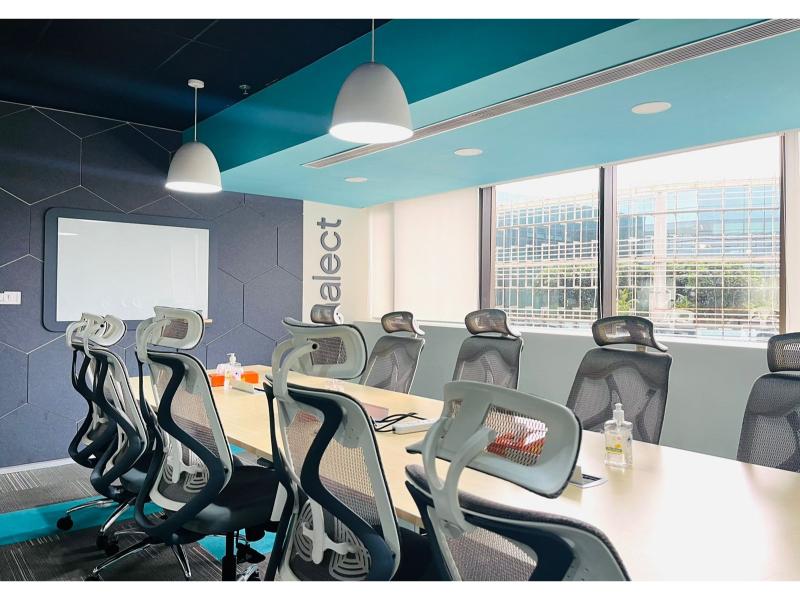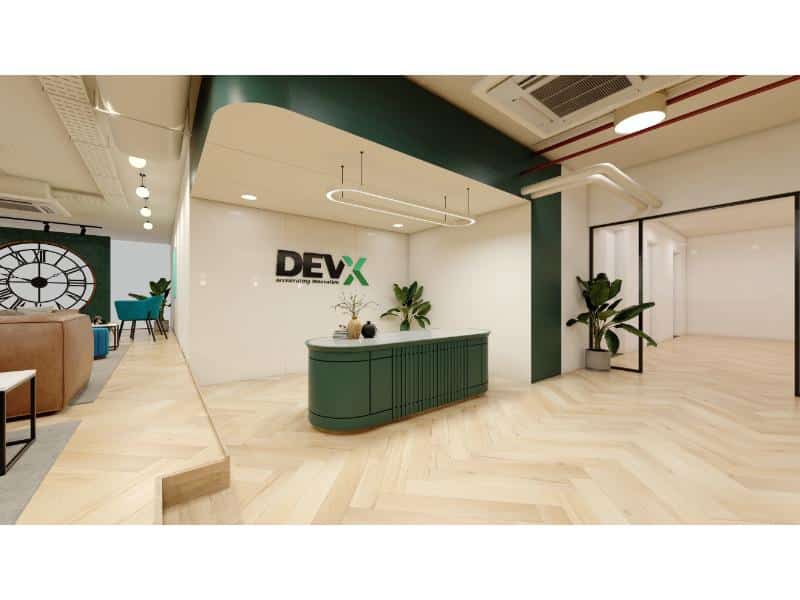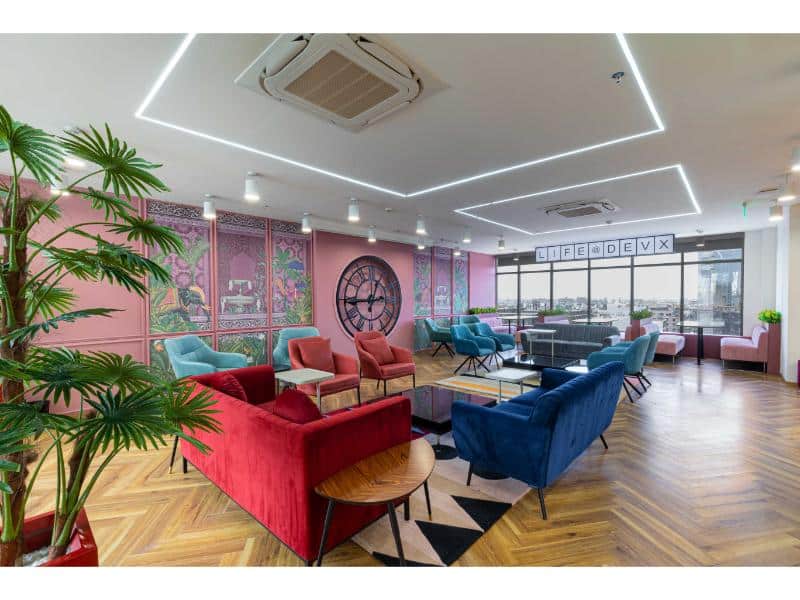In a rapidly evolving corporate landscape, the way we work is undergoing a profound transformation. Businesses, especially multinational corporations (MNCs), are increasingly seeking flexible and cost-effective solutions for their office space needs.
As per a Knight Frank report, the office space demand was resilient in terms of volume at 26.1 million sq ft transacted across eight major cities in India during H1 (January-June) 2023. The office space amounted to 35 per cent, flex spaces accounted for 26 per cent, global capability centres at 25 per cent, and third-party IT services at 14 per cent out of the total volume transacted in H1 2023.
It is noteworthy that the share of flex spaces has seen a record high of 24% in H1 2023 against H2 2022. Further, India to remain high on corporate radar due to its cost effectiveness and abundance of skilled talent.
Simultaneously, developers are capitalizing on this shift by embracing the concept of managed office spaces. So, what’s behind this trend, and why are managed office spaces capturing the attention of developers and MNCs alike?
The shift towards agility: The traditional model of leasing office space involves long-term commitments and substantial upfront costs. However, the modern business environment is characterized by unpredictability, agility, and the need to scale up or down swiftly. This is where managed office spaces come into play. They offer a solution that aligns with the dynamic nature of today’s business world.
Flexibility in scaling: Managed office spaces allow businesses to expand or contract their office space as required. Whether it’s accommodating a growing team or responding to market fluctuations, these spaces provide the flexibility needed to adapt without being tied to lengthy leases.
Cost efficiency: Cost efficiency is a driving force behind the popularity of managed office spaces. Managing and maintaining a traditional office can be prohibitively expensive. Managed spaces typically include utilities, maintenance, and often even administrative services in a bundled package, simplifying cost management.
Streamlined operations: Developers and operators of managed office spaces are experts in creating and maintaining functional work environments. This relieves corporates of the burden of managing office facilities, allowing them to focus on their core business activities. Additionally, these spaces often come equipped with state-of-the-art technology and infrastructure, providing an immediate and hassle-free setup.
Prime locations: Managed office space providers are known for securing prime locations in major business hubs. This offers MNCs the opportunity to establish a prestigious address, which can enhance their corporate image and credibility.
Employee satisfaction: The modern workforce values flexibility and work-life balance. Managed office spaces often incorporate ergonomic design, recreational areas, and collaborative spaces that enhance employee satisfaction and productivity. This can be especially appealing to MNCs striving to attract top talent.
Sustainable practices: Many managed office space providers emphasize sustainability in their operations. This aligns with the growing corporate responsibility initiatives of businesses. By choosing such spaces, MNCs can reduce their environmental footprint and demonstrate their commitment to sustainable practices.
Risk mitigation: In uncertain times, the ability to adapt swiftly and without undue financial burden is a significant advantage. Managed office spaces provide an avenue for MNCs to mitigate risks associated with long-term lease commitments and capital-intensive office setups.
Conclusion: The rise of managed office spaces reflects a fundamental shift in how businesses approach their workspace needs. The flexibility, cost-efficiency, and range of amenities offered by these spaces are attracting the attention of developers eager to meet the evolving demands of occupiers.
In this dynamic business environment, the symbiotic relationship between managed office space providers and MNCs offers an innovative solution that benefits both parties. As the trend continues to gain momentum, it’s clear that managed office spaces have become a vital component of the modern corporate landscape, serving as a bridge between developers and MNCs seeking agile, cost-effective, and productive workspace solutions.







